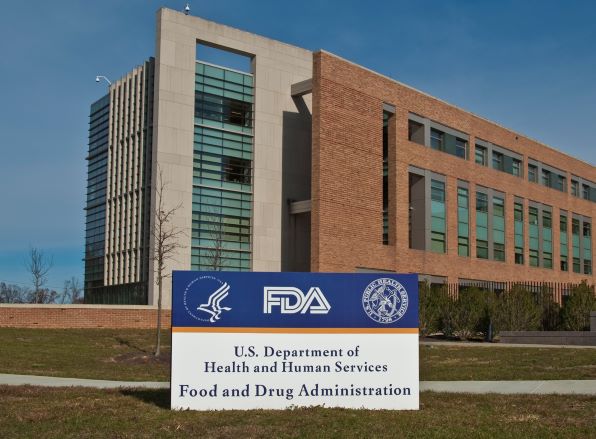Previous government recommendations for improved oversight of psychotropics in foster care have not resolved the overdrugging problem.
Despite government recommendations over more than a decade for more oversight of the psychotropic drugs given to foster children, a new study reveals that the powerful, mind-altering drugs are still disproportionately prescribed to these children as compared to non-foster youth.
Researchers at the Baylor College of Medicine in Houston, Texas, reviewed the Medicaid prescription claims of 397,340 children ages 1 to 18 to investigate the rates of psychotropic drug prescriptions for foster children as compared to youth not in foster care. Psychotropic drugs include antidepressants, antipsychotics, stimulants (ADHD drugs), antianxiety drugs, and mood stabilizers.

They found that foster children were prescribed at least one psychotropic drug at four times the rate (35%) of non-foster children (8%).
“Across all age groups, children in foster care on Medicaid were prescribed psychotropic medications disproportionately more than their non-foster peers on Medicaid,” concluded lead author Rachael J. Keefe, MD, MPH, FAAP, a pediatrician and associate professor of pediatrics-public health, writing in the Journal of Child and Adolescent Psychopharmacology.
The study comes at a time of renewed scrutiny of the amount of psychotropic drugs administered to children in the foster care system. These are children already traumatized by being removed from their homes, where they may have been abused or neglected. Giving them psychotropic drugs exposes them to the risk of having to also deal with drug side effects, some of the most serious of which are significant weight gain, uncontrollable restlessness (akathisia), uncontrollable muscle movements (tardive dyskinesia), heart problems, mania, violence, and suicidal thoughts and actions.
“Across all age groups, children in foster care on Medicaid were prescribed psychotropic medications disproportionately more than their non-foster peers on Medicaid.”
— Rachael J. Keefe, MD, MPH, FAAP, Baylor College of Medicine, Houston, Texas
In April, a federal judge in Texas said he was appalled at “the massive amount of drugs that are given to these [foster] children” in psychiatric residential treatment facilities and expressed concern for the children’s safety. The judge was responding to a report on visits to 14 facilities housing foster children, which also showed a lack of proper monitoring of children taking the drugs.
Earlier this year, a federal class-action lawsuit was filed by several disability and civil rights organizations against the Maryland Department of Human Services and its Social Services Administration, alleging that up to 34% of Maryland foster children are prescribed psychotropic drugs, with over half of them prescribed more than one drug. The suit suggests that the drugs are being used on some children as a form of chemical restraint, according to a media report.
More than a decade ago, after an analysis of psychotropic drug use by Medicaid children in five states, the U.S. Government Accountability Office (GAO) issued a report in 2011 finding that foster children were prescribed psychotropic drugs at double to quadruple the rate of non-foster children. The GAO further found that hundreds of children were taking five or more psychotropic drugs, and thousands were prescribed doses higher than maximum levels recommended by the U.S. Food and Drug Administration (FDA). The GAO recommended government guidance be provided to increase oversight and protections for these children.

A seminal series of articles in 2014 in the San Jose Mercury News brought national attention to the problem again, detailing the high rate of psychotropic prescriptions continuing for children in the California foster care system.
The Office of Inspector General (OIG) of the U.S. Department of Health and Human Services (HHS) investigated claims for antipsychotics, a large class of psychotropic drugs, paid for by Medicaid, the health provider for most foster children. Its 2015 report included findings of too many drugs or wrong doses being prescribed and poor monitoring of the children taking the drugs. The OIG recommended enhanced government oversight and reviews of psychotropics prescribed to children.
The OIG issued another report three years later, revealing that one in three children in foster care receiving psychotropic drugs did not receive required treatment planning or medication monitoring. The OIG again recommended better government oversight of psychotropic prescriptions.
Now, the new Texas study shows that the overdrugging of foster children is still occurring. Government recommendations for improved oversight to date have not resolved the problem.
The Citizens Commission on Human Rights urgently calls on state and federal governments to act to protect foster children from the massive overprescribing of psychotropic drugs and the physical and mental health risks the drugs carry.
WARNING: Anyone wishing to discontinue or change the dose of a psychiatric drug is cautioned to do so only under the supervision of a physician because of potentially dangerous withdrawal symptoms.
